While one of Germany's largest newspapers published an extensive manifesto, laying out the most basic rules of human coexistence for those who came to the country as immigrants, the German government is wholeheartedly supporting the migration pact imposed by the European Union. The 48 Minutes current affairs program, hosted by Tamas Lanczi on Hungarian public television station M1, drew attention to this contradiction in German communication. In the program, Tamas Lanczi talked with Gabor Fodor, director of the Central European Political Transitions Institute (KRKI), Gabor Kalomista, producer and theater director and Levente Szikra, senior analyst at the Center for Fundamental Rights.
According to the report by Hirado.hu, the host recalled that the striking manifesto regarding migration was published in Bild, Germany's largest circulation paper. In it, the authors summarize in fifty points what is expected of those who come to Germany. Guests on the 48 Minutes program discussed the question of how sincere this manifesto is and whether a real political turn can happen in a state led by an unstable government.
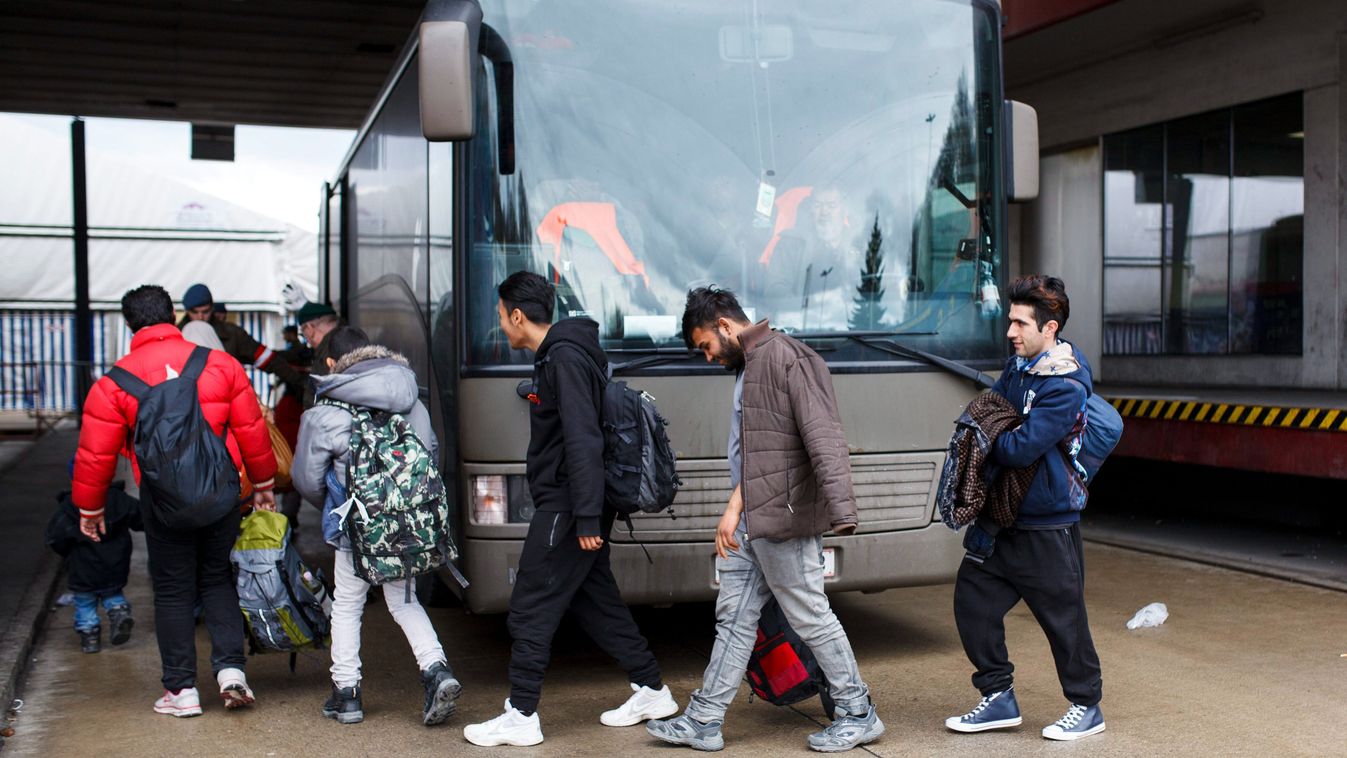


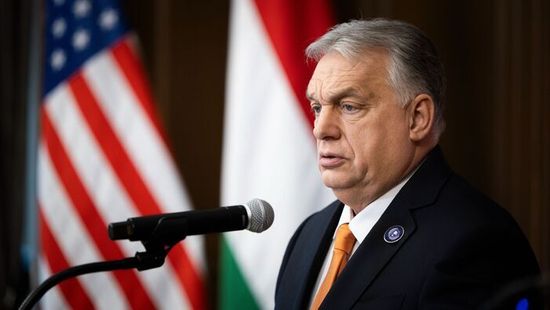




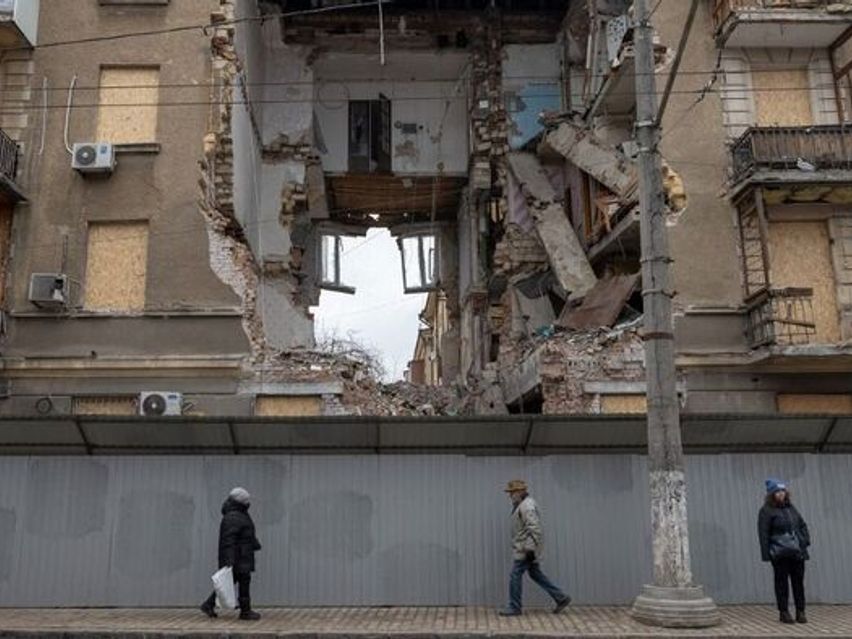
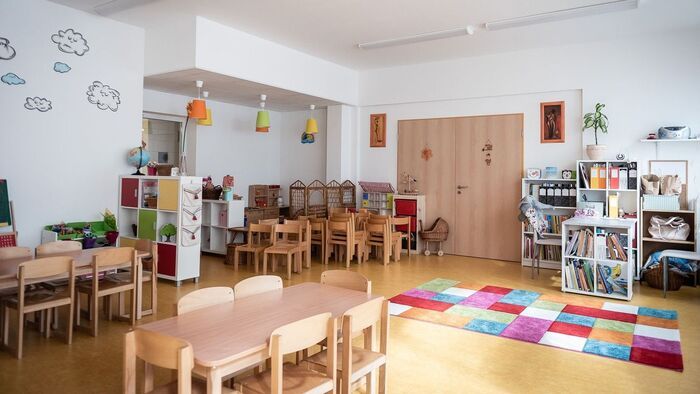

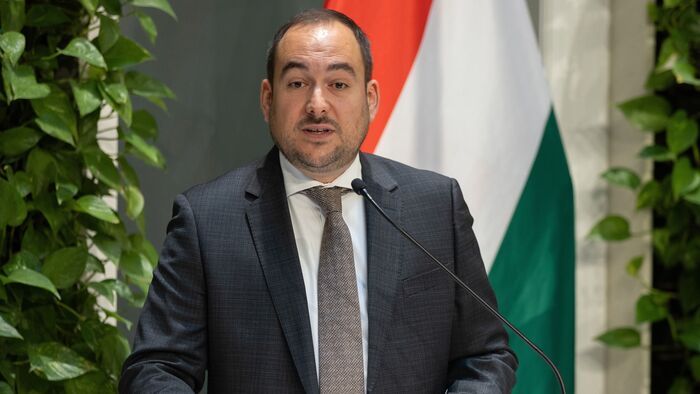

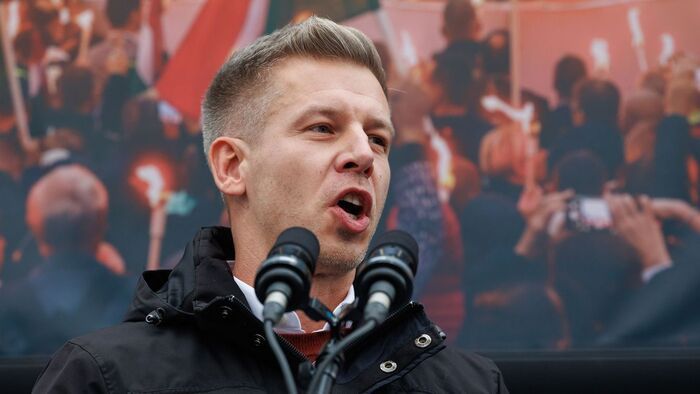


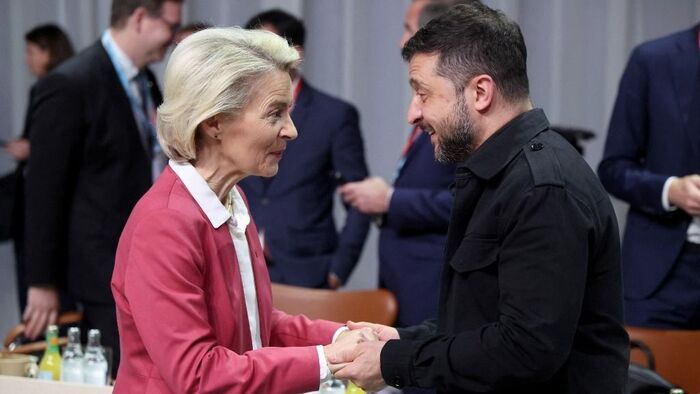



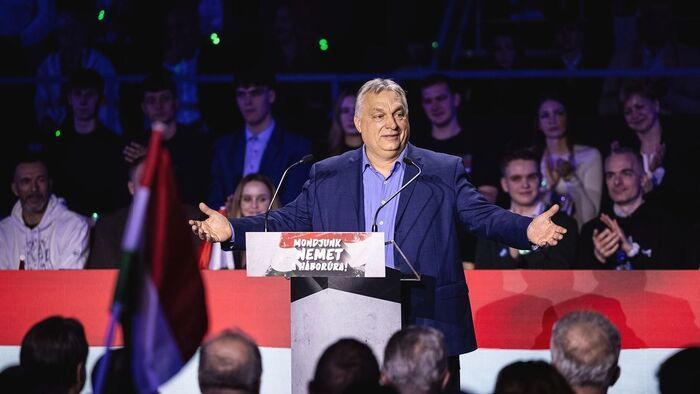

Szóljon hozzá!
Jelenleg csak a hozzászólások egy kis részét látja. Hozzászóláshoz és a további kommentek megtekintéséhez lépjen be, vagy regisztráljon!